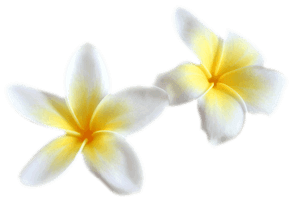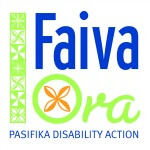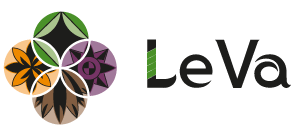- Home
- /
- Disability
- /
- Blessed with a great vision

Blessed with a great vision
By guest contributor Fatima Akehurst.

I was born with an eye condition which has now reduced my vision to light perception (I only see light and dark) in my left eye and tunnel vision (less than 5% field) in my right eye. My prognosis is that I will loss all my sight.
My view on my condition is that; I might lose my sight but I am blessed with a great vision.”
Living with a disability does not mean I’m not able to do things or not able to think for myself. I am able to do things that my family, friends, colleagues and others in the community do; I just do things differently as I could not see like sighted people.
I learned techniques and rely on my other senses to be able to do things and live a life beyond sight loss. One of the many examples of how to cope with normal activities of life is when we have dinner, others see where things are placed on the table and on their plates. I have learned a technique for finding where things are using the clock face. Someone tells me where things are positioned on my plate, for example vegetables on 3 o’clock, potatoes on 12 o’clock and meat on 6 o’clock etc.
I also learned other techniques to be able to adapt to the environment around me. I use the white long cane to find obstacles around me when I walk, to avoid walking into things. I use speech and magnification on the computer, a talking watch to tell the time, and lots of different techniques for different activities. I am happy that I am able to do almost everything that others do with help of technology and a positive attitude to life. Of course, I am thankful for the support of family, friends and lots of people who I cross paths with.
Years ago, accessing disability services and other services was difficult in comparison to the last few years and up to now. Information was not easily accessible. Making an informed decision about which services of your choice to meet your need was hard as there wasn’t enough information and also the information was not accessible in your preferred format or language.
In recent years, accessibility to buildings has been improving. Ramps, lifts with voice or braille, crossings are accessible for blind people, steps are marked with either white or yellow lines, and better public transport has meant an improved and accessible society to live in.
As for support services, staff are now trained and have more knowledge and awareness on how to approach people with disability. I find a lot more disability friendliness/awareness now in services compared to 10 years ago. People and staff have training on how to approach a person with disability compared to years ago.
I think the cultural, disability awareness training that Le Va and its team provide around the country has raised awareness in the different sectors about who provides services to people with disability, which makes a lot of difference.
In my opinion, it would be good to have a client satisfaction survey of organisations that provide services to those with disability – the services that are funded by Ministry of Health to start with. Some of the home help providers still need a lot of work to improve their services.
 As a member of the Faiva Ora National Leadership Group, myself and my colleagues will still listen to Pacific people with disabilities and bring their voices to the meetings and inform the Ministry of those issues. I believe we have come a long way and there is still a lot of work to be done to address those gaps.
As a member of the Faiva Ora National Leadership Group, myself and my colleagues will still listen to Pacific people with disabilities and bring their voices to the meetings and inform the Ministry of those issues. I believe we have come a long way and there is still a lot of work to be done to address those gaps.
Malo ‘aupito, ‘ofa ke mou ma’u ha Kilisimasi fiefia mo ha ta’u fo’ou monu’ia
Tu’a Ofa atu .
Fatima Akehurst
Co-Chair of Faiva Ora National Disability Group.






